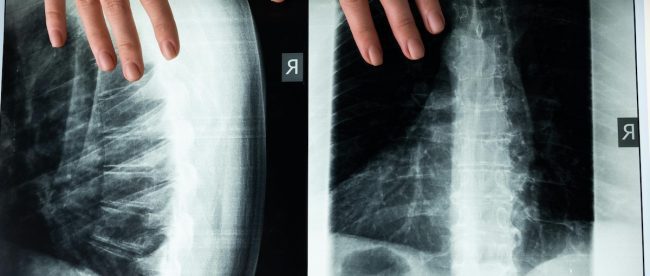The best steps to take when recovering from injury
Injuries are a natural part of life. But serious injuries can work to derail your life when you least expect it.
Whether an accident at work or one of the 82 road traffic injuries that take place each day. Your next serious injury could have you worried about your future. The following steps are vital to recovering from injury.
Doctor’s orders
First and foremost, your recovery from a serious injury should be entirely guided by the orders you receive from medical professionals – be they hospital doctors, nursing staff, pharmacists or your local GP. You may be tasked with attending regular appointments to redress wounds or facilitate your rehabilitation, and you may be asked to take certain medications at certain times to help with side-effects or recovery. Follow each instruction more or less to the letter, and ensure your recovery isn’t impeded.
Time off work
Your doctor may also sign you off work with a fit note, mandating that you remain at home or off the clock for a specified period of time as you recover. It is vital that you follow the instructions of your fit note to the letter as well – and, if you don’t receive one immediately, to enquire with your doctor about receiving one.
There are multiple elements at play when it comes to taking time from work. For one, you may be physically unwell enough to carry out that which your work demands of you. For another, you may find the mental struggles of recovery too great to combine with the mental demands of the workplace. Long-term absence from work naturally brings financial concerns to the fore; however, in the event of a serious head injury that wasn’t your fault, your brain injury solicitor may be able to secure compensation that covers your lost wages amongst other costs.
Rehabilitation
The purpose of following orders, of taking time from work and of minimising the stress you experience in recovery is rehabilitation. Not only do you want time to rest and allow your injuries to heal. But you also want to do so in a sustainable way, while working to gain your pre-injury health. Or as close to it as you can manage. to help with recovering from injury.
A large part of rehabilitation, then, is physiotherapy. Physiotherapy is a targeted physical rehabilitation process. Specific movements and exercises enable you to retrain injured parts of the body. For more serious and complex injuries like brain injuries, your rehabilitation may be consequently more complex (potentially including other therapies designed to rebuild neuron connections in the brain).
Mental health
Recovery itself can be a draining process to go through, and a frustrating one if progress feels slow. This is why mental health is particularly important to safeguard as you chart a path to wellness. Reaching out to friends and family is key, as is opening up to your doctor if mental conditions worsen.

Lili works across all the channels; writing articles, taking photographs, creating content, and designing eye-capturing imagery. She’s an animal-lover who cries just seeing a picture of a baby sloth.




Leave a comment